46746
Polyglycolic acid
Synonym(s):
PGA, Poly(2-hydroxyacetic acid)
Sign Into View Organizational & Contract Pricing
All Photos(1)
About This Item
Recommended Products
description
inherent viscosity 1.2 dl/g
InChI
1S/C2H4O3/c3-1-2(4)5/h3H,1H2,(H,4,5)
InChI key
AEMRFAOFKBGASW-UHFFFAOYSA-N
Application
medical device
Storage Class Code
11 - Combustible Solids
WGK
WGK 3
Flash Point(F)
Not applicable
Flash Point(C)
Not applicable
Personal Protective Equipment
dust mask type N95 (US), Eyeshields, Gloves
Choose from one of the most recent versions:
Already Own This Product?
Find documentation for the products that you have recently purchased in the Document Library.
Customers Also Viewed
Mitsuhiro Enjo et al.
Plastic and reconstructive surgery, 131(3), 335e-342e (2013-03-01)
Approaches to auricular reconstruction have shown improved outcome when a basic fibroblast growth factor (bFGF) slow-release system and fibrin spraying are combined with biodegradable polymers. More complex, three-dimensional structures, such as those that replicate the human auricle, are often lost
Rodney A Rosalia et al.
Cancer immunology, immunotherapy : CII, 62(7), 1161-1173 (2013-04-25)
Protein antigen (Ag)-based immunotherapies have the advantage to induce T cells with a potentially broad repertoire of specificities. However, soluble protein Ag is generally poorly cross-presented in MHC class I molecules and not efficient in inducing robust cytotoxic CD8(+) T
Steven Lotz et al.
PloS one, 8(2), e56289-e56289 (2013-02-26)
An essential aspect of stem cell culture is the successful maintenance of the undifferentiated state. Many types of stem cells are FGF2 dependent, and pluripotent stem cells are maintained by replacing FGF2-containing media daily, while tissue-specific stem cells are typically
Hongfen Wei et al.
PloS one, 8(3), e58133-e58133 (2013-03-08)
The distribution of targeted nanoparticles in tumor tissue is affected by a combination of various factors such as the physicochemical properties of the nanoparticles, tumor hemoperfusion and tumor vascular permeability. In this study, the impact of the biological effects of
Richard G Payne et al.
Methods in molecular biology (Clifton, N.J.), 1001, 167-177 (2013-03-16)
This chapter describes the fabrication of a polyglycolic acid (PGA)-based scaffold used to tissue engineer a Neo-Urinary Conduit™.
Related Content
Interest in utilizing biodegradable polymers for biomedical applications has grown since the 1960s.
Our team of scientists has experience in all areas of research including Life Science, Material Science, Chemical Synthesis, Chromatography, Analytical and many others.
Contact Technical Service
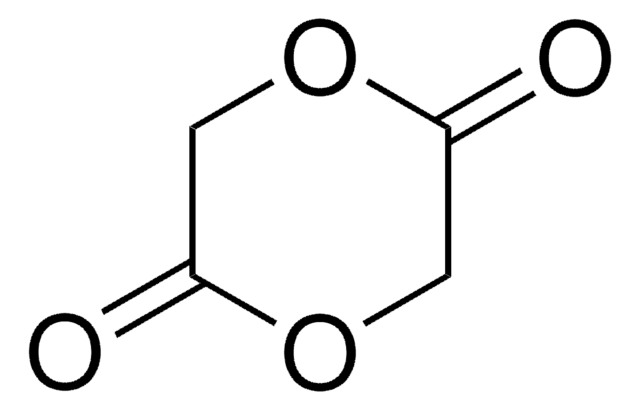


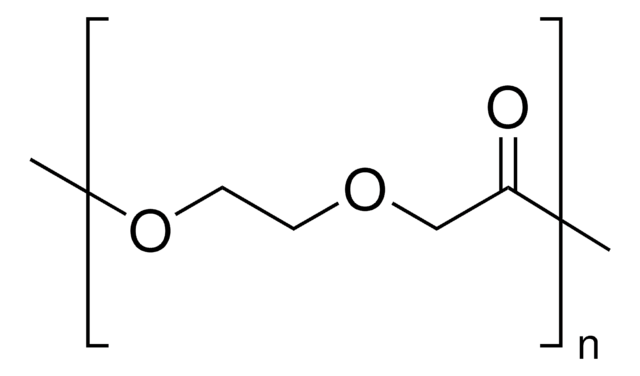
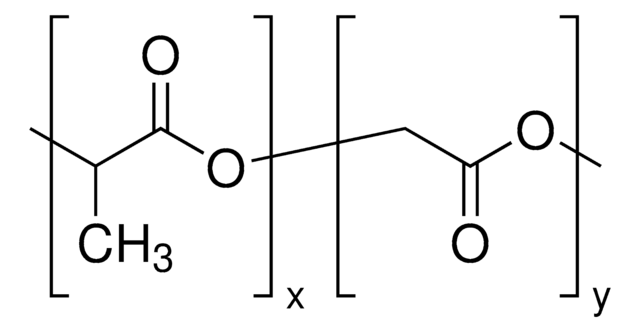


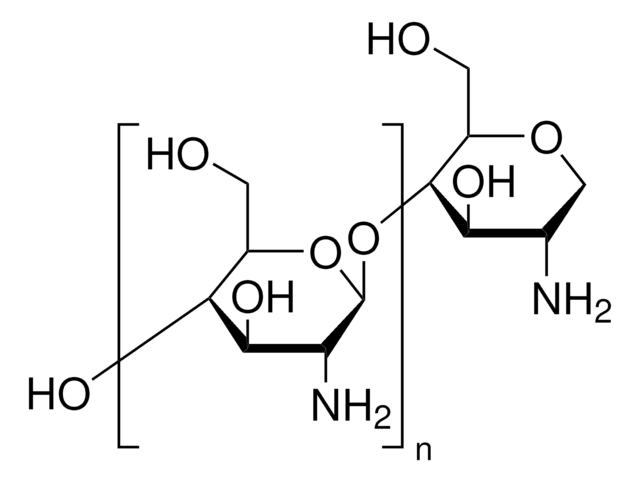
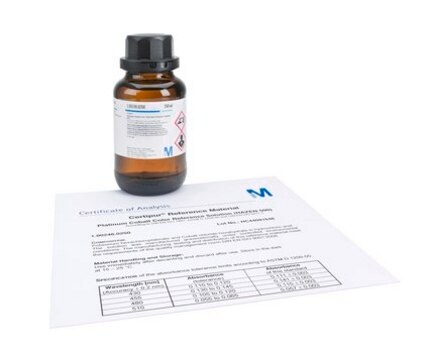



![Poly[(R)-3-hydroxybutyric acid] natural origin](/deepweb/assets/sigmaaldrich/product/structures/129/476/7d1c924b-f644-4889-a2d6-d7a923ce382c/640/7d1c924b-f644-4889-a2d6-d7a923ce382c.png)